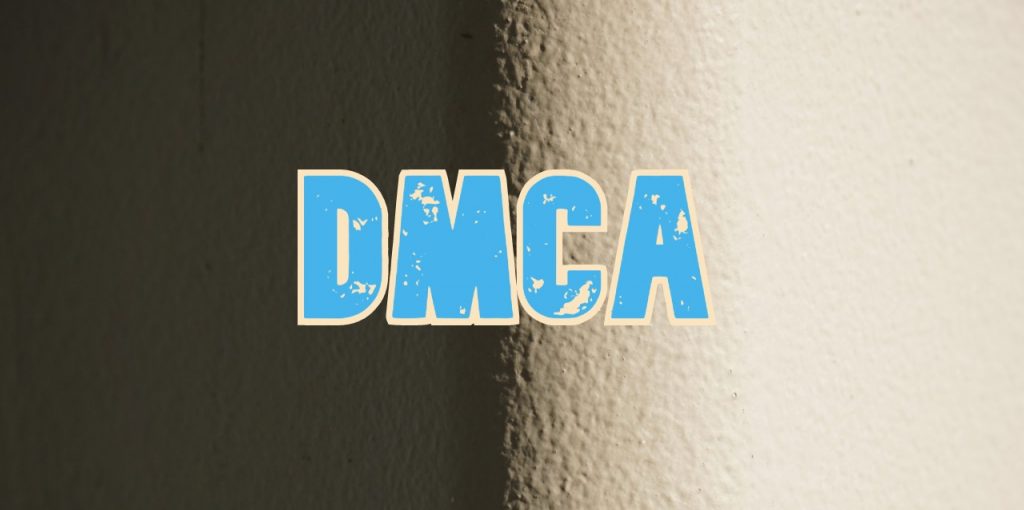Plaintiff ran a YouTube channel. Defendant sent takedown notices under the Digital Millennium Copyright Act (DMCA) to YouTube alleging that plaintiff infringed defendant’s copyright. Plaintiff sued defendant under 17 U.S.C. §512(f), which provides for recovery when a person sends a DMCA takedown notice based on “knowingly materially misrepresented” facts.
The district court granted defendant’s summary judgment motion. Plaintiff sought review with the Eleventh Circuit. On appeal, the court affirmed the lower court’s finding that defendant did not knowingly materially misrepresent facts when it sent the DMCA takedown notices to YouTube.
The DMCA’s good faith standard
The DMCA relieves online service providers (such as YouTube) of liability for storing copyright infringing content if, among other things, the service provider properly responds to the copyright holder’s takedown notice. The notice must state that the copyright holder has a “good faith belief” that the identified content infringes. The copyright holder can be liable for damages if it “knowingly materially misrepresents” that the identified content infringes. Copyright law provides that if use of content is fair use, then it is not infringing.

In 2016, the Ninth Circuit evaluated the questions of what it means for a DMCA takedown notice sender to have a “good faith belief” and to “knowingly materially misrepresent” that content infringes. In that case (Lenz v. Universal Music Corp., 815 F.3d 1145 (9th Cir. 2016)), the court held that having a “good faith belief” that certain content infringes requires that the copyright holder, before sending a takedown notice, consider if the potential infringement is a fair use. And the court held that failure to consider fair use before issuing a takedown notice is a misrepresentation of copyright infringement.
What diligence must a takedown notice sender undertake?
What kind of belief must the copyright holder have to be in line with the conduct required of the DMCA? The Lenz court held that a copyright holder’s subjective good faith belief that a use is both unauthorized and not fair use serves as a complete defense to a misrepresentation claim.
Counsel’s consideration of fair use was sufficient
In this case, defendant’s attorneys testified in affidavits that they investigated whether plaintiff’s YouTube uploads infringed. And they testified that they evaluated whether the uploads were fair use. So the court found that defendant, by relying on their attorneys’ investigations and opinions, reasonably believed in good faith that plaintiff’s videos infringed and did not constitute fair use, prior to filing the takedown notices.
The court found that plaintiff’s evidence did not show otherwise. Plaintiff testified in her deposition that she “knew” defendant did not consider fair use. She said that if defendant did consider fair use, it would not have sent the DMCA takedown notices. In the court’s view, this proffered evidence was just a bare and speculative statement, not evidence. It found that plaintiff failed to provide any meaningful evidence that defendant did not consider the fair use doctrine and that it did not have good faith when it submitted the takedown notices.
Johnson v. New Destiny Christian Center Church, Inc., 2020 WL 5289881 (11th Cir., September 4, 2020)
See also:
Website operator not liable for copyright infringement despite lack of DMCA safe harbor protection
About the author:
Evan Brown is a Chicago technology and intellectual property attorney. Call Evan at (630) 362-7237, send email to ebrown [at] internetcases.com, or follow him on Twitter @internetcases.

